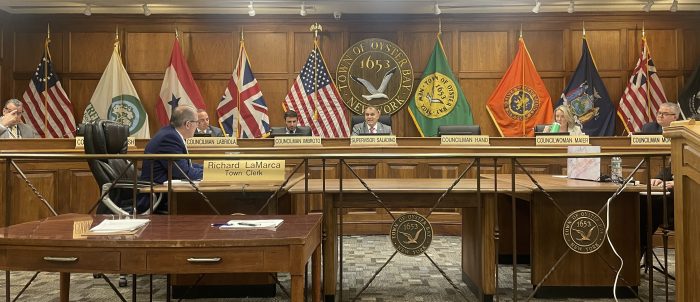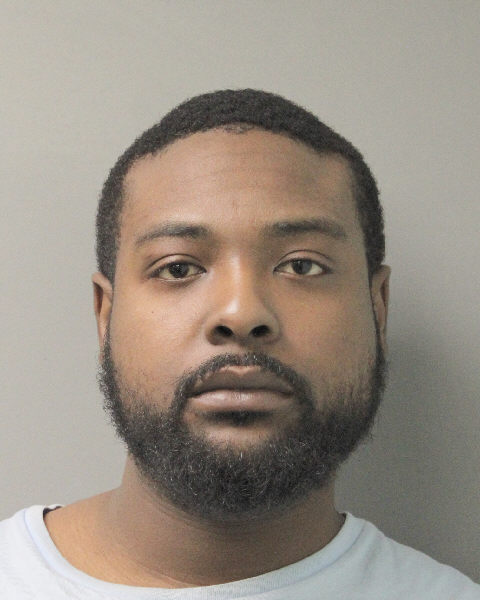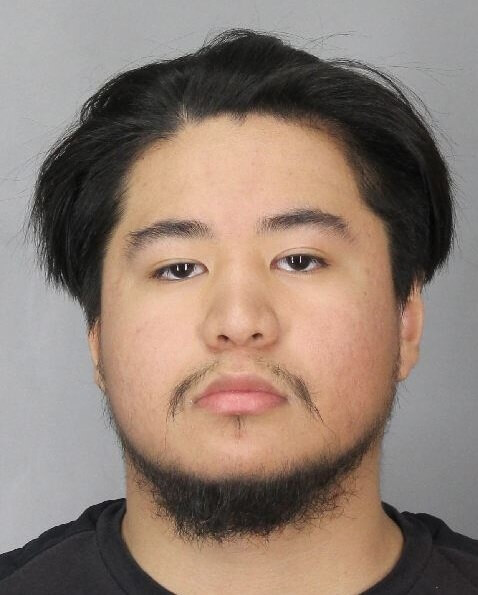According to John Wighaus, president of the Nassau County Detective Association, there are no detectives on duty at the recently reopened Sixth and Eighth Precincts. The Sixth Precinct is located in Manhasset and covers part of the North Shore, and the Eighth Precinct is based in Levittown.

“The Sixth precinct is not a fully functioning precinct,” said Wighaus. “There are no detectives. If a resident from the Sixth Precinct needs to speak with a detective, they will have to go to another precinct.”
Nassau County Police Department currently has a shortage of detectives available to cover all of its eight precincts. On June 4, Nassau County Legislature’s Public Safety Committee held a hearing to address this issue and Wighaus was invited to speak in front of them.
“As of today, the department is 51 detectives short of their budgeted amount,” said Presiding Officer Richard J. Nicollelo in a statement to the Manhasset Press. “County Executive Curran needs to work with the detectives to fill the vacancies immediately. Nassau is in the midst of trying to fight a heroin and opioid abuse epidemic, protect its residents from violent MS-13 attacks and prevent seniors from being taken advantage of by online scams among other things. Something has to be done. We need more detectives on our streets; not less.”
The department is actually 53 detectives short of their budgeted amount after two detectives retired on June 6. There are currently 307 detectives, but the budget created for the department currently stands at 360. There have already been seven detectives in the past year that have handed in their detective badge and asked for a demotion to become a police officer again.
Another detective will be retiring on June 13 bringing the total down to 306. Wighaus says he is expecting more retirements to come in the rest of June and July that could put the department’s numbers south of 300.
“Now this job is really young. Sixty percent of this job has less than six years on the job. There is a lot of experience leaving. We’re seeing the ramifications of the arbitration award,” said Wighaus.
The arbitration award handed down in 2007, which lasted until 2012 and then was extended twice to 2015 and 2017, changed certain criteria that affected the ‘steps’ or raises that detectives would get. The lack of financial incentives to become a detective from the arbitration award have seen a steady decrease in numbers from 20 years ago when there were 460 detectives and 10 years ago when there were 425.
“You have to finish your police officer steps before you start your detective steps in that contract,” Wighaus told the Manhasset Press. “At first, it was not an issue because we had a lot of senior guys. We still had the interest of police officers wanting to be detectives. Over the years that has not been the case.”
Prior to the arbitration award, Wighaus said there used to be 250 police officers applying to the precincts to become detectives for only one or two open spots per precinct. Now, they only receive four or five applications across all of the precincts out of 2,300 police officers.

“There is only one problem, it’s that contract. The incentive to bring detectives in and the ability to retain them,” said Detective Christopher Muchow, the second vice president of the detective association.
Nassau County detectives have also had trouble getting paid the right amount with so many on different payment programs with the variation of steps introduced in the arbitration award. The union filed a work grievance in order to get the 117 detectives their retroactive pay and avoided going to court after the police department realized they would lose. Since then, Muchow has been helping out those detectives by notifying payroll the payment and raises for each detective for the last five years.
“I highly doubt anywhere else in the United States, there is a union official alerting personnel and accounting to say ‘pay person X, Y [amount]’,” said Muchow.
The union has been out of a contract for the last year and a half. By law, they must work under the last agreement and receive no pay increases. They also cannot strike.
The county and union have started negotiations on a new agreement, but Wighaus and Muchow want to change the step structure to its original form prior to the arbitration award and add more of a financial incentive in order to bring in new detectives.
“Everybody wanted to be a detective,” said Muchow. “You watch TV shows or movies, it’s about detectives. It’s interesting work, you’re only limited by your imagination of what you can do. You get cases, you work them and you testify in court. Almost everyone wanted to do it and now they look and say it is not worth it, so much work, so much responsibility, it’s a 24 hour a day job, so why bother? If you rectified it and made it financially incentivized, those 250 people that used to put in for it—would put in for it.”
































